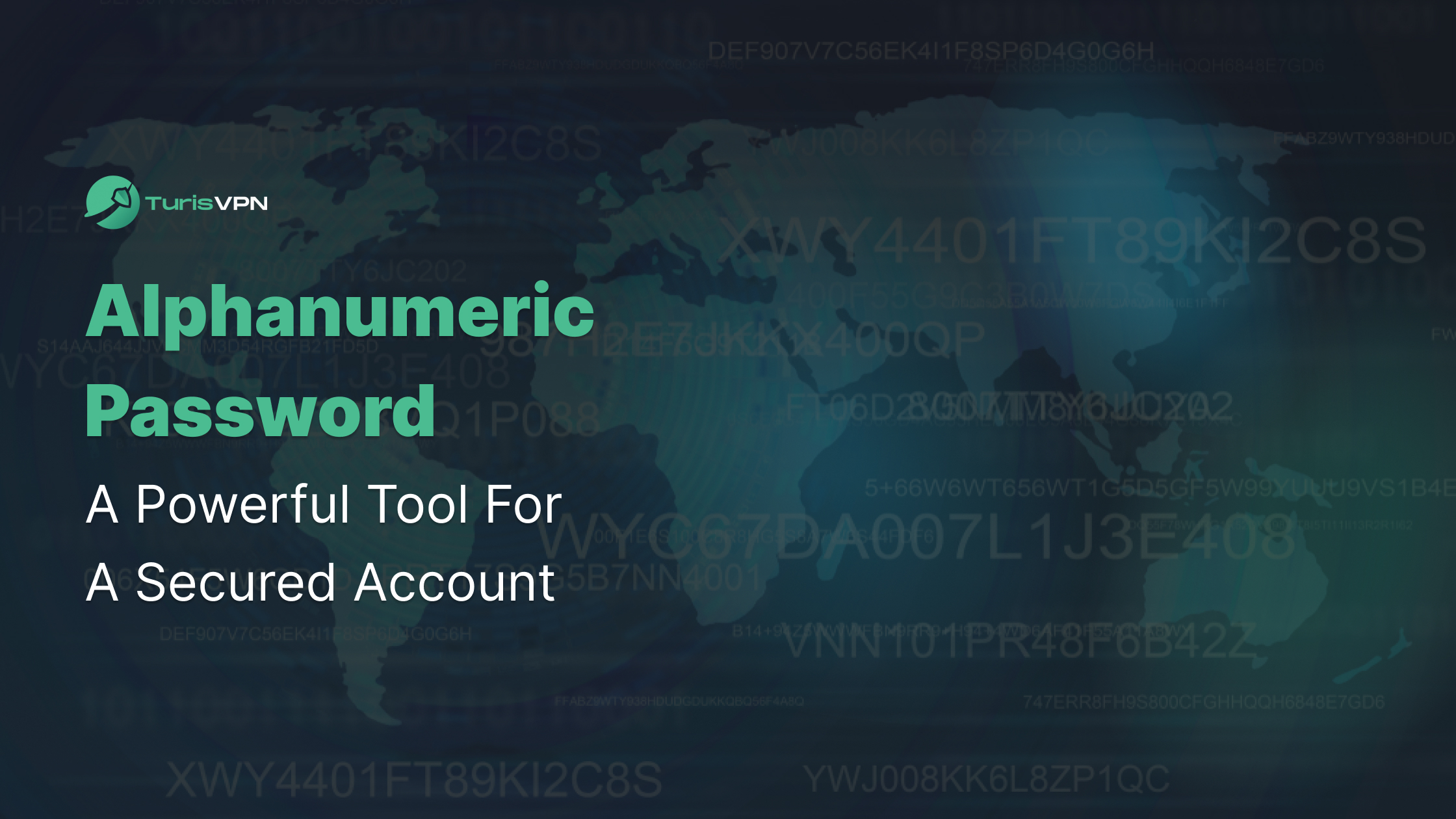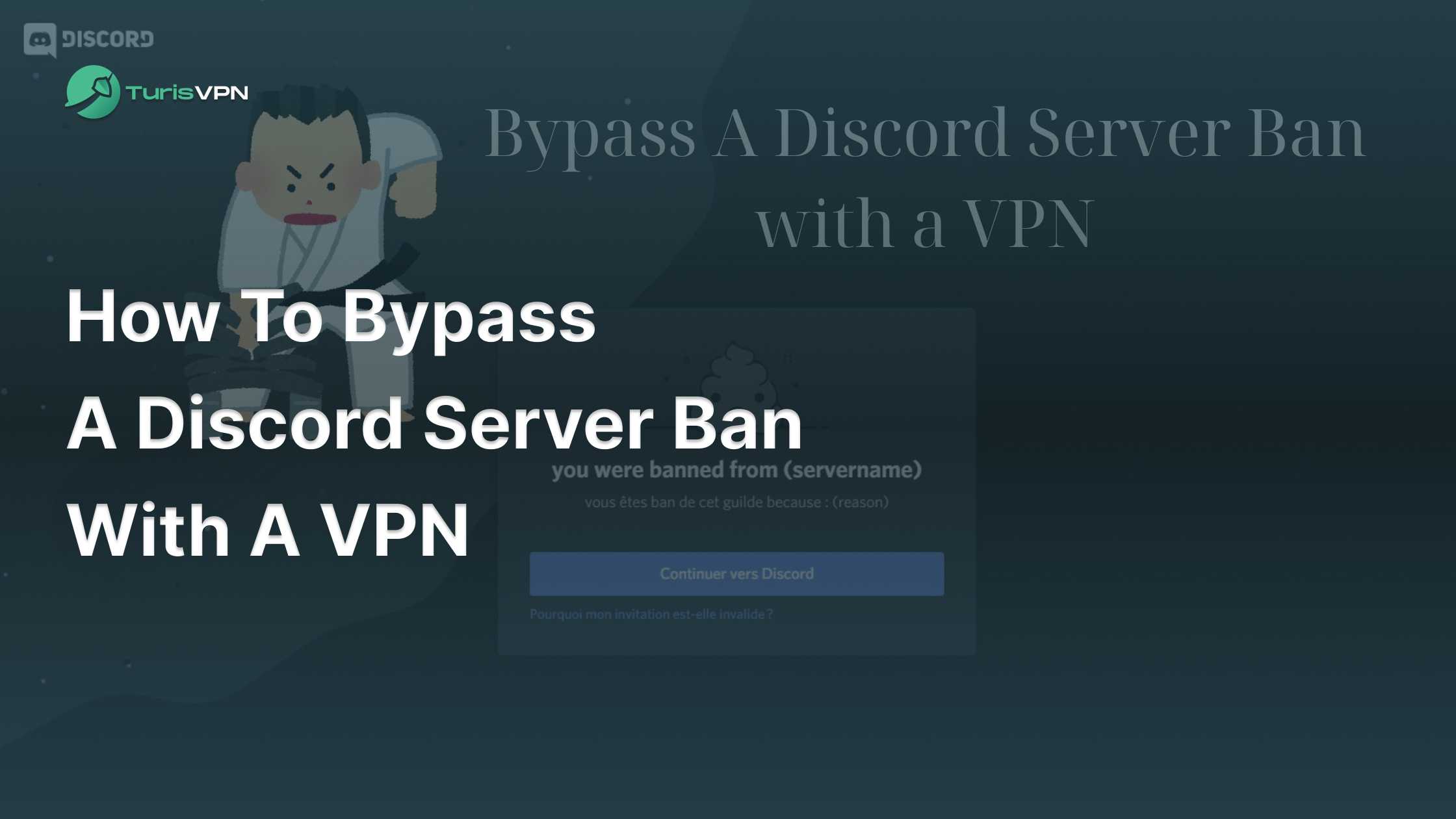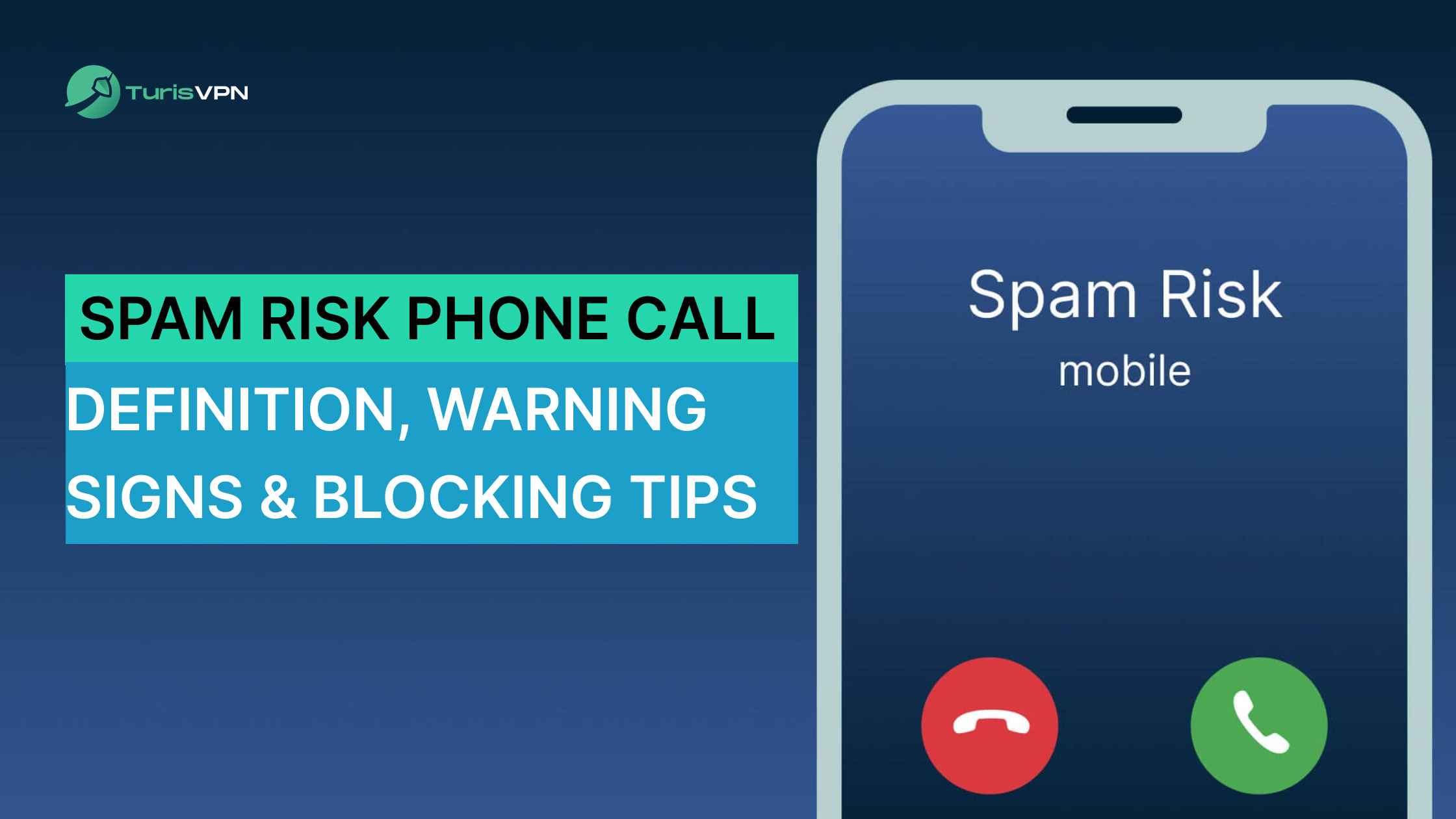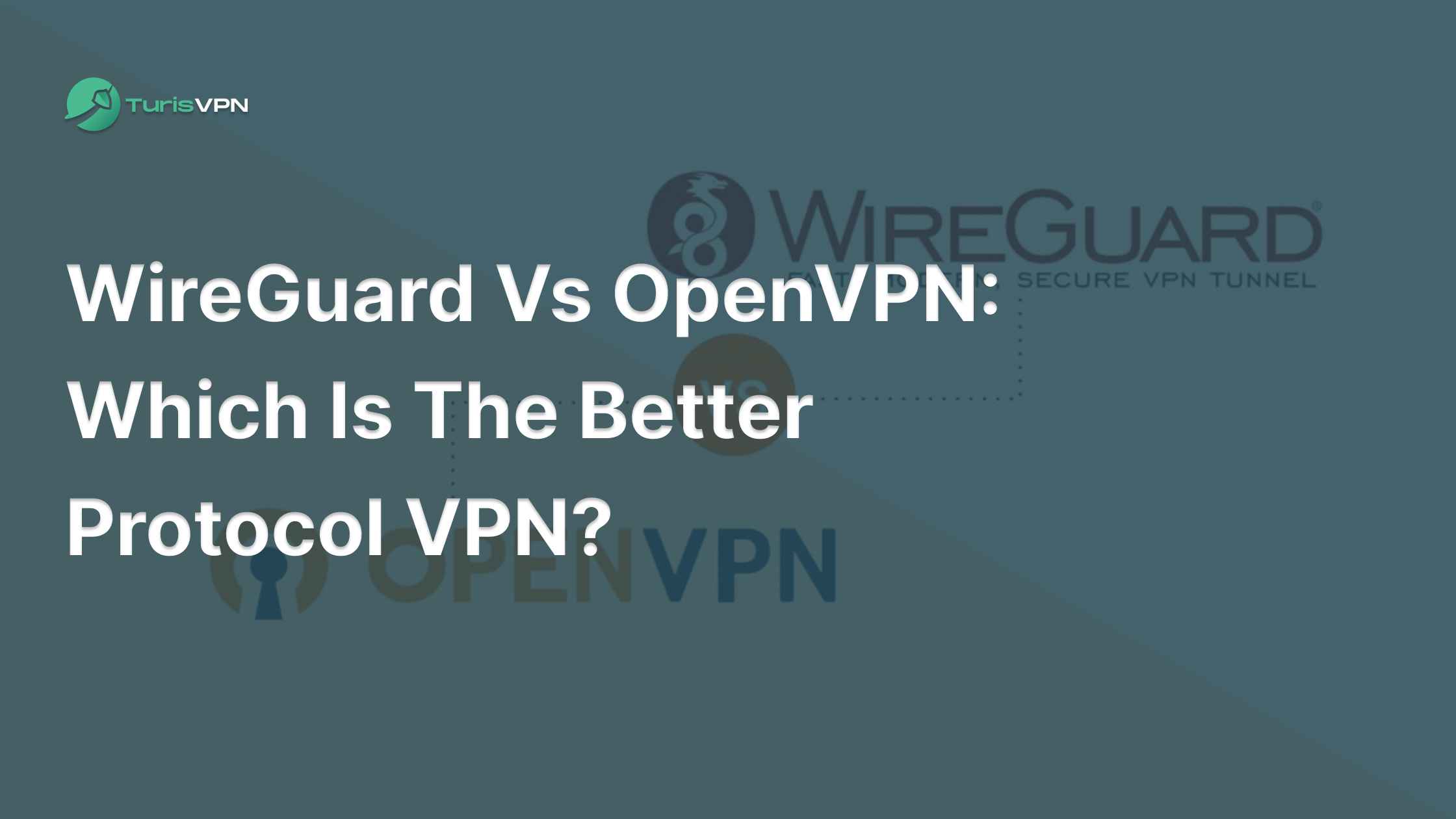Did you know that 78% of people reset at least one password every 90 days because they forget it? Using a short, easy-to-remember password might seem simple, but it puts your security at risk.
An alphanumeric password has numbers, letters, and special characters (like # or &). These passwords are harder to crack compared to those composed solely of letters. But they can also be harder to create and remember. Choosing an alphanumeric password and using a good VPN can make your online life much safer.
Our blogpost will show you how to create strong alphanumeric passwords and explain why they, along with a VPN, are important for protecting your online activities.
Key Takeaways
- An alphanumeric password combines letters, numbers, and special characters for stronger security.
- Strong passwords should be long, use a mix of character types, and be easy to remember but hard to guess.
- Even strong passwords can be hacked, so using TurisVPN with strong encryption adds extra protection.
- TurisVPN with the WireGuard protocol provides fast, secure encryption, enhancing online privacy and security.
What Is an Alphanumeric Password ?
An alphanumeric password combines the 26 letters of the alphabet (A-Z) with numbers (0-9). It often includes special characters like punctuation marks and symbols, such as the at sign (@), ampersand (&), and hashtag (#). These elements make alphanumeric passwords more complex and harder to guess.
When creating an alphanumeric password, you are typically required to include:
- Letters: Use both uppercase and lowercase letters (A-Z).
- Numbers: Any digit from 0 to 9.
- Special Characters: Symbols like @, &, and #.
To understand why this is important, we can consider the math. A six-letter password has 26×6 guessing options. A 12-character password with numbers and symbols has 72^12 possibilities, making it much harder to crack.
Examples of Strong Alphanumeric Passwords
A strong password uses a mix of upper and lower case letters, numbers, and special characters. Here are a few examples:
- T!m3s#qu4r3@9
- R@inB0w$&Un1c0rn
- S3cur3_P@ssw0rd
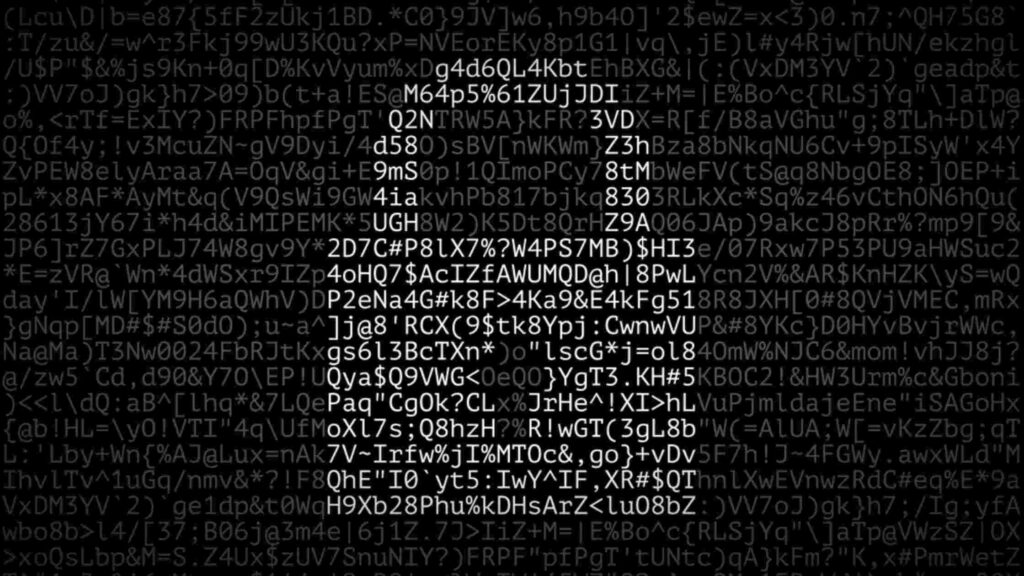
How to Create a strong Alphanumeric Passwords
Generating a strong alphanumeric password requires creativity. Here are some tips to help you:
- Make it long: Aim for at least ten characters.
- Use unique characters: Include at least five different types of characters.
- Mix it up: Combine uppercase, lowercase, numbers, and symbols.
- Randomized: Avoid using identifiable information like your name or birthdate.
- Easy to remember: Use phrases or combinations that are memorable to you but hard for others to guess.
- Scrambled: Don’t just place numbers and symbols at the beginning or end. Mix them throughout the password.
For example, a strong password could be: MyD0g$R0cks!2024
Using these tips, you can create secure, alphanumeric passwords that help protect your online accounts effectively.
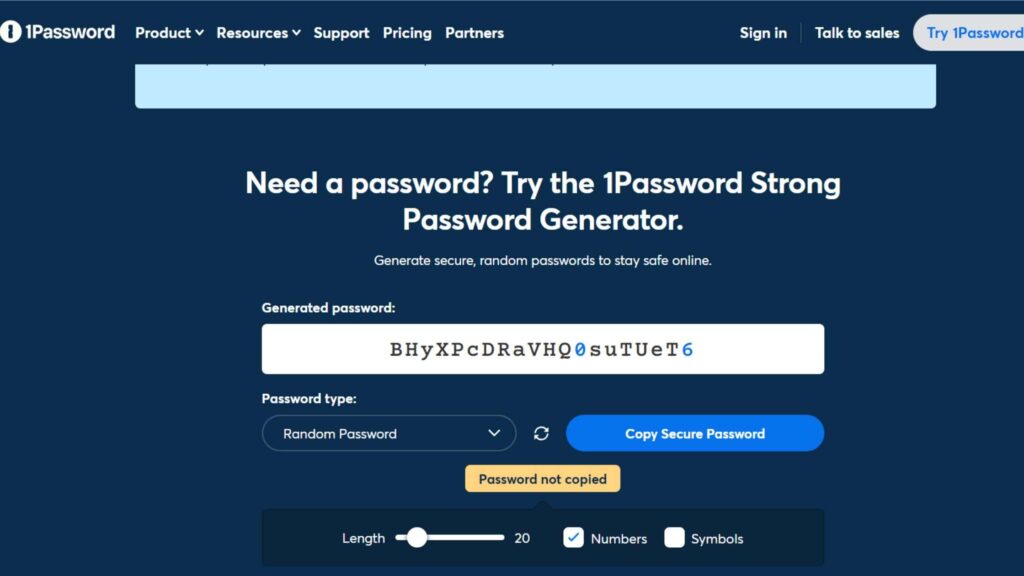
Or it can be easy for you to access some websites that have useful tools to create strong alphanumeric passwords online: LastPass Password Generator; Norton Password Generator; Dashlane Password Generator; 1Password Strong Password Generator;…
Dangers of Having a Weak Password
83% of people use weak passwords. A weak password is easy to guess or crack, failing to protect against unauthorized access. Short passwords, often less than eight characters, are simply too easy to crack. Those that don’t use a mix of uppercase and lowercase letters, numbers, and symbols are less secure. Here are some of the main dangers of having a weak password:
- Protection from Brute-Force Attack
Weak passwords, like “password” or “123456,” are easy for hackers to guess. Common names, dates, and simple sequences are the first combinations attackers try.
Brute-force attacks are a trial-and-error method used by hackers to break into accounts with weak passwords. This method involves systematically checking all possible passwords until the correct one is found. Hackers often use bots to speed up this process. While time-consuming, it is effective against weak passwords, especially those that are short and simple.
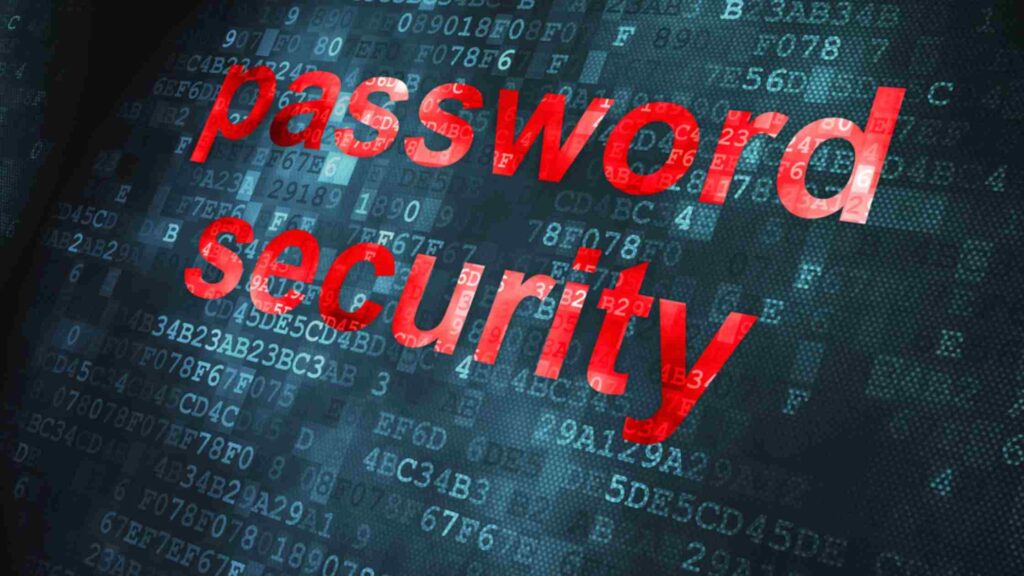
- Data Breach Leads to Financial Fraud
A single weak password can cause a massive data breach. Just from infiltrating one account, hackers may gain access to a network of confidential data, from personal information to trade secrets.
This is especially dangerous for accounts with sensitive information, like financial or email accounts. Reusing passwords makes it easy for hackers to get into multiple accounts with one password.
A breached account can lead to stolen funds or valuable information, costing companies millions. For individuals, stolen banking or credit card info can have immediate, devastating effects.
- Identity Theft
Hackers can use weak passwords to steal personal information or misuse accounts. Identity theft often starts with one compromised password. Attackers use stolen credentials to impersonate people, apply for credit, or engage in fraudulent activities under another person’s name.
Using strong alphanumeric passwords is essential to protect against these dangers.
Can an Alphanumeric Password Still Be Hacked ?
The quick answer is YES. But it’s a little more complicated.
Even strong alphanumeric passwords, especially those with 12 characters or fewer, can fall quickly to everyday attacks. Some tougher passwords might take a few days, even at the rate of a trillion guesses per second.
There are billions of stolen login names and passwords floating around the internet, making it easier for hackers to access your accounts.
Using an unreliable VPN can also put your passwords at risk. Low-quality encryption can expose your account to third-party providers, leading to data breaches. A good VPN helps protect your passwords by encrypting your traffic and online activities, making it harder for hackers to intercept.

A reliable VPN, especially one with a no-log policy like TurisVPN, ensures that your data stays private. TurisVPN does not collect or store your traffic data, protecting your online privacy. Operating out of jurisdictions without data retention laws, TurisVPN ensures your personal activities remain yours alone.
With TurisVPN’s zero-log policy, your data is not logged or exposed. Our system deletes encrypted data server-wide after providing the service. We are committed to keeping your data private and confidential, without selling it to third parties. Using TurisVPN, you can browse freely and securely, knowing your personal information is safe.
What to Look for When Choosing a VPN For Encryption?
A VPN protocol is a set of rules that govern how data moves between a VPN server and connected devices. Each VPN uses a form of encryption to create a secure, private connection.
Here’s a look at different VPN protocols and their pros and cons:
- Point-to-Point Tunneling Protocol (PPTP) is easy to set up but is outdated and less secure, which is why it is rarely used today.
- Layer 2 Tunnel Protocol (L2TP) connects a user to the VPN server using an upgraded version of Layer 2 Forwarding Protocol, but it does not include encryption on its own.
- OpenVPN is an open-source and highly secure protocol that uses TLS and SSL for key exchange. However, it can be complex to set up for beginners.
- IPSec authenticates and encrypts data communications between the server and the client, but it can be slower due to its heavy encryption.
- IKEv2 is great for mobile devices as it maintains a VPN connection even when switching networks, but it is limited to platforms that support IPSec.
- WireGuard is lightweight, secure, and fast, optimized for speed and streaming. However, it is newer and still under development.
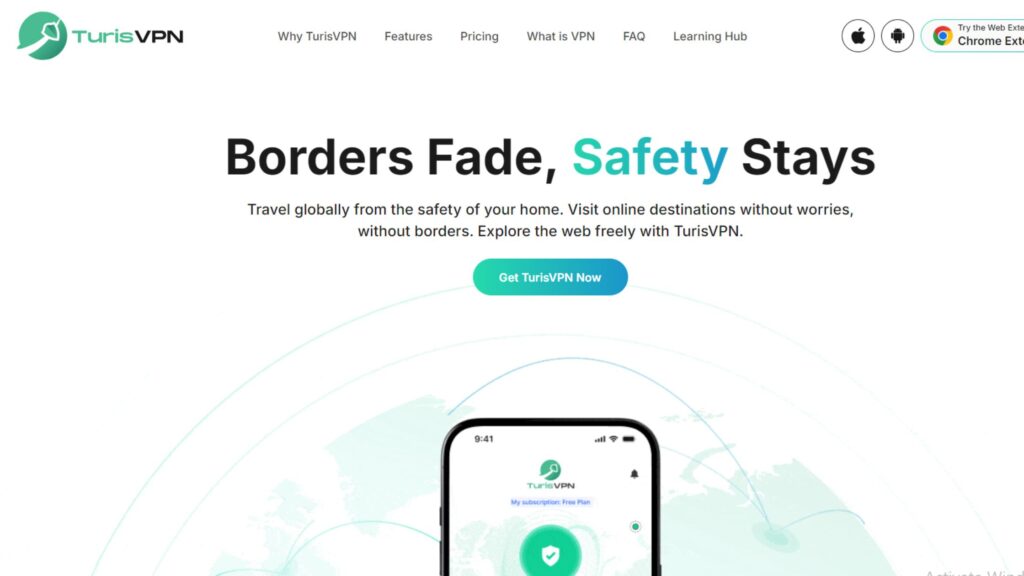
WireGuard is a new, open-source VPN protocol that offers excellent performance. WireGuard’s efficient encryption makes it one of the fastest VPN protocols. Its code is simple and easy to review for security flaws, providing a high level of security. It works well on most computing platforms and uses less bandwidth, making it ideal for mobile devices.
TurisVPN uses WireGuard to provide strong encryption, fast speeds, and top-notch security. With TurisVPN, you keep your data private and secure. Whether you’re streaming, browsing, or using mobile data, TurisVPN ensures your online activities are protected with the best-in-class encryption offered by WireGuard.
Bottom line
Using strong alphanumeric passwords is crucial for protecting your online accounts. Weak passwords can easily be cracked by hackers, leading to serious issues like financial fraud and identity theft. Alphanumeric passwords, which include a mix of letters, numbers, and special characters, are much harder to crack.
However, even the strongest passwords need extra protection. Using a reliable VPN, like TurisVPN with the WireGuard protocol, adds an extra layer of security. It encrypts your data and keeps your online activities private.
Combining strong alphanumeric passwords with TurisVPN can greatly improve your online security and keep your personal information safe.
